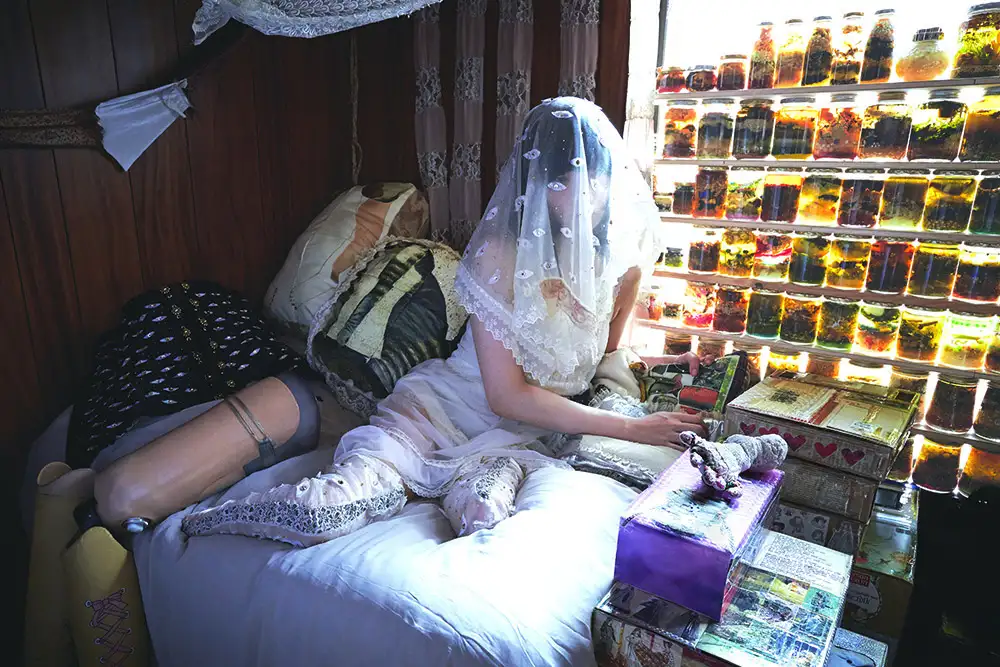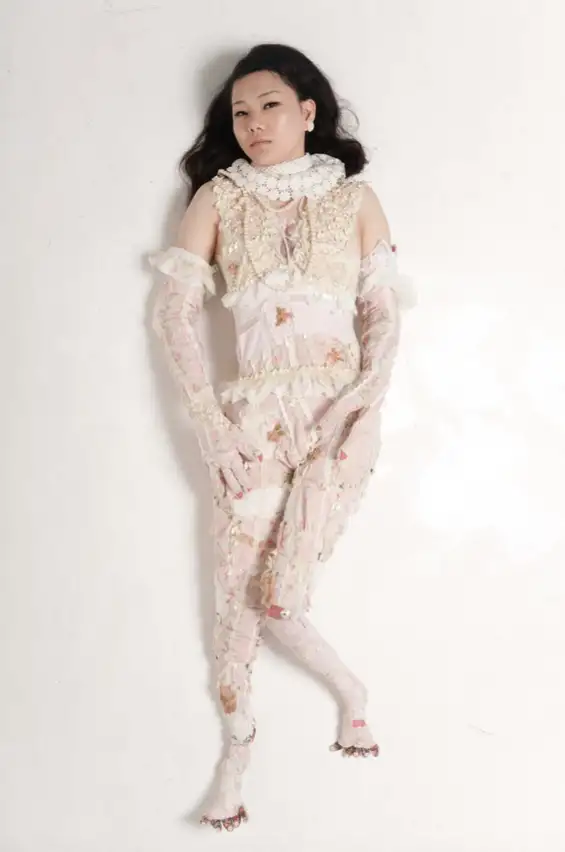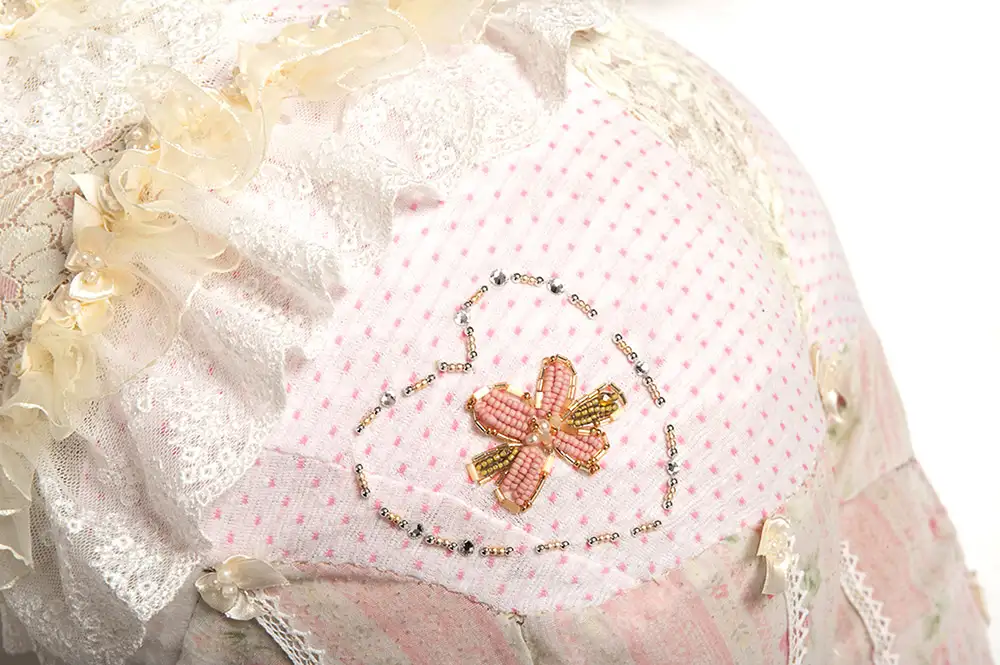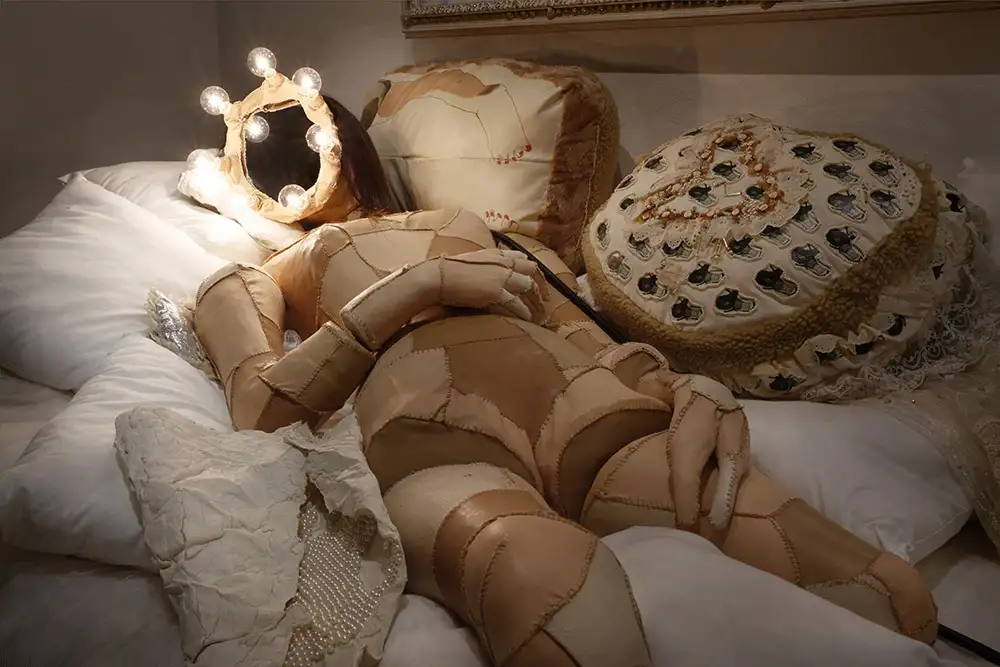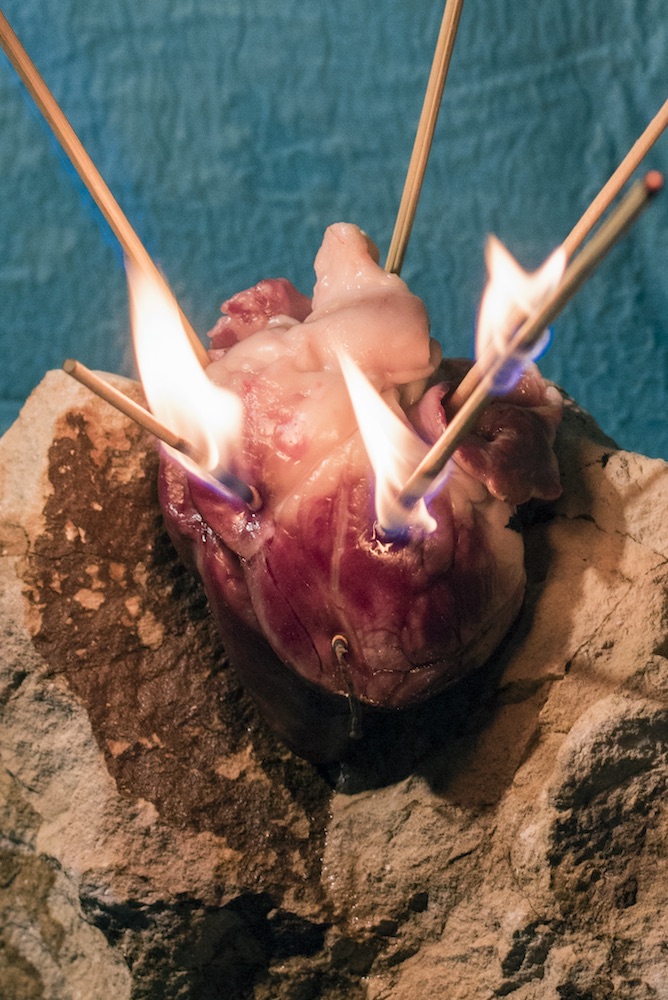In High Heels
Bizarre News from an intimate World
Mari Katayama’s story reads like a twenty-first-century fairy tale: She became famous on the social network MySpace virtually overnight when she uploaded a photo of herself lying amid her self-sewn stuffed animals. What drew people’s attention wasn’t just her handcraft but her amputated legs and prostheses. Tibial hemimelia is the name of this rare disease which the Japanese artist was diagnosed with as a child and led to a shortening of her shinbones and the deformation of her hand. As a young girl she made the decision to have her legs amputated in order to be able to walk in prostheses one day – mind you, in high heels.
Text: David Meran, Lena Stefflitsch
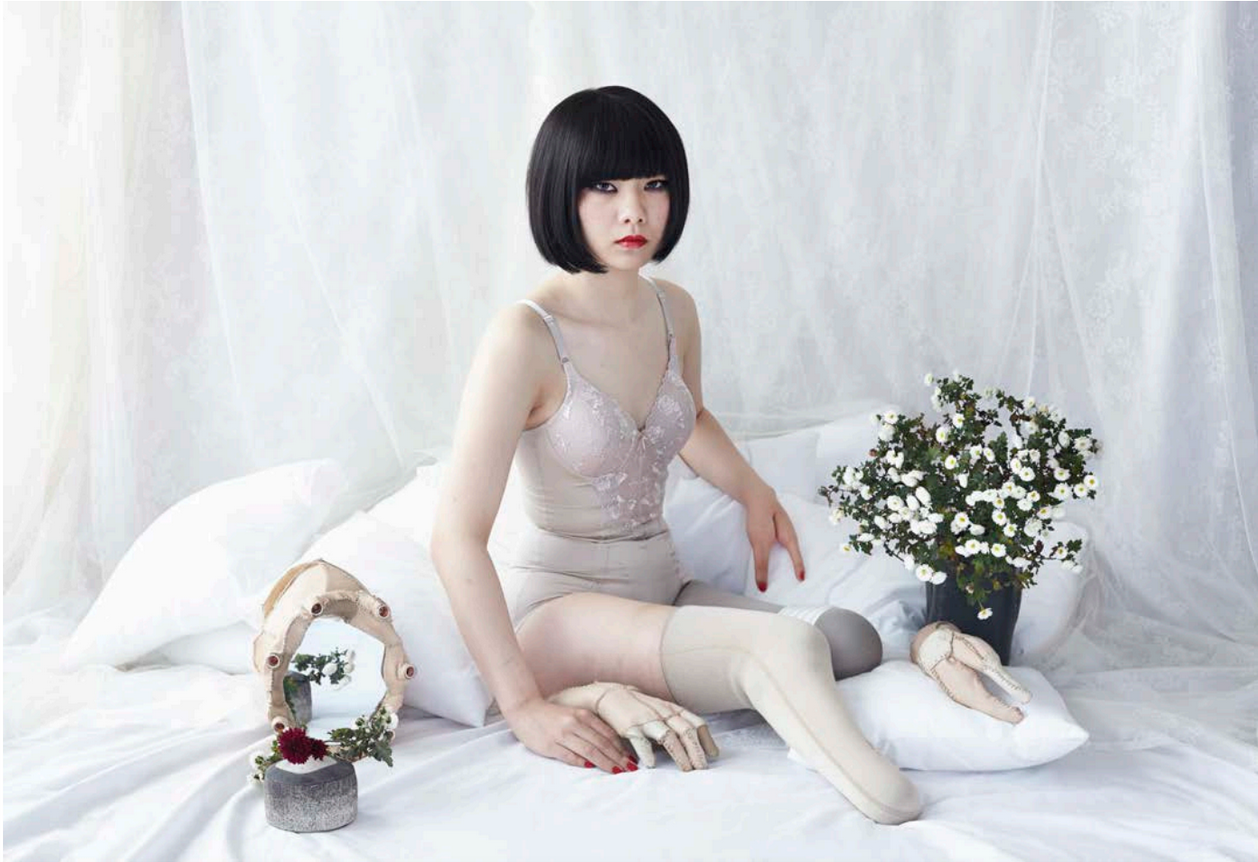
© Mari Katayama

